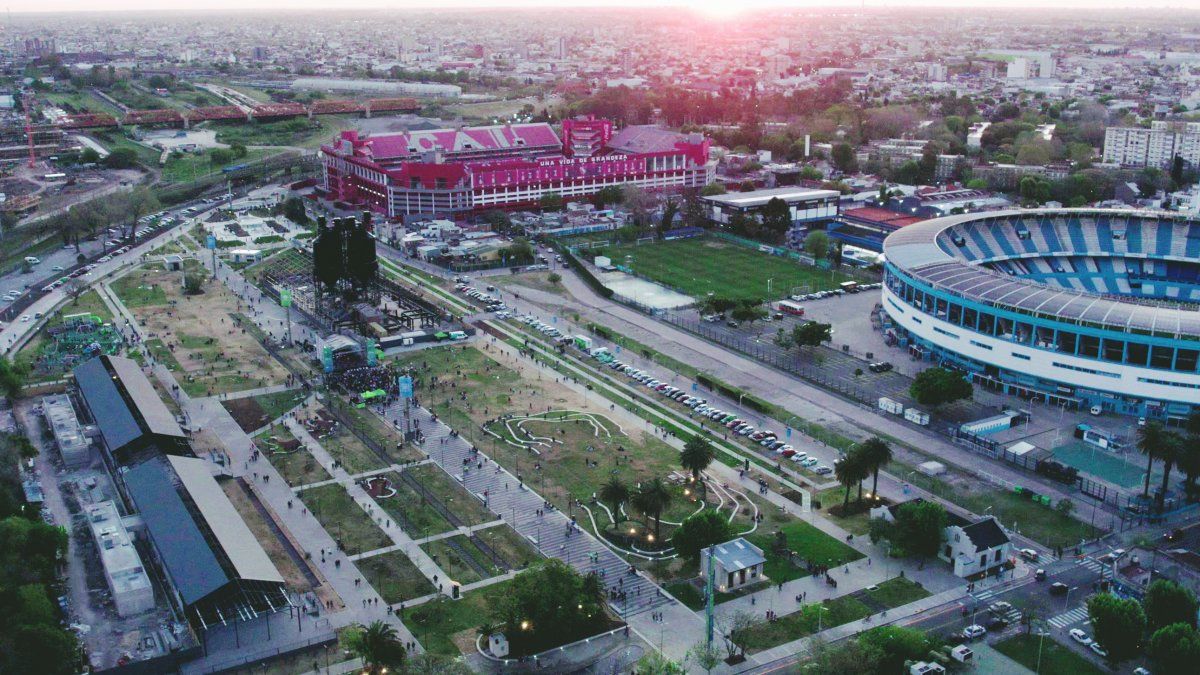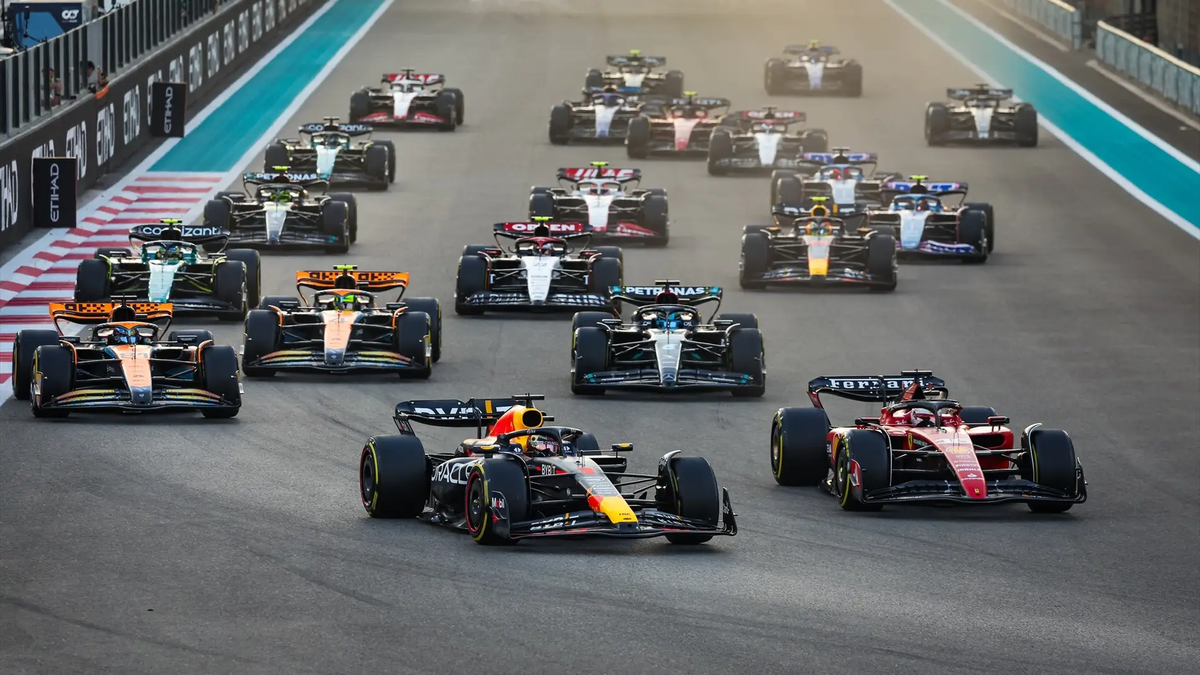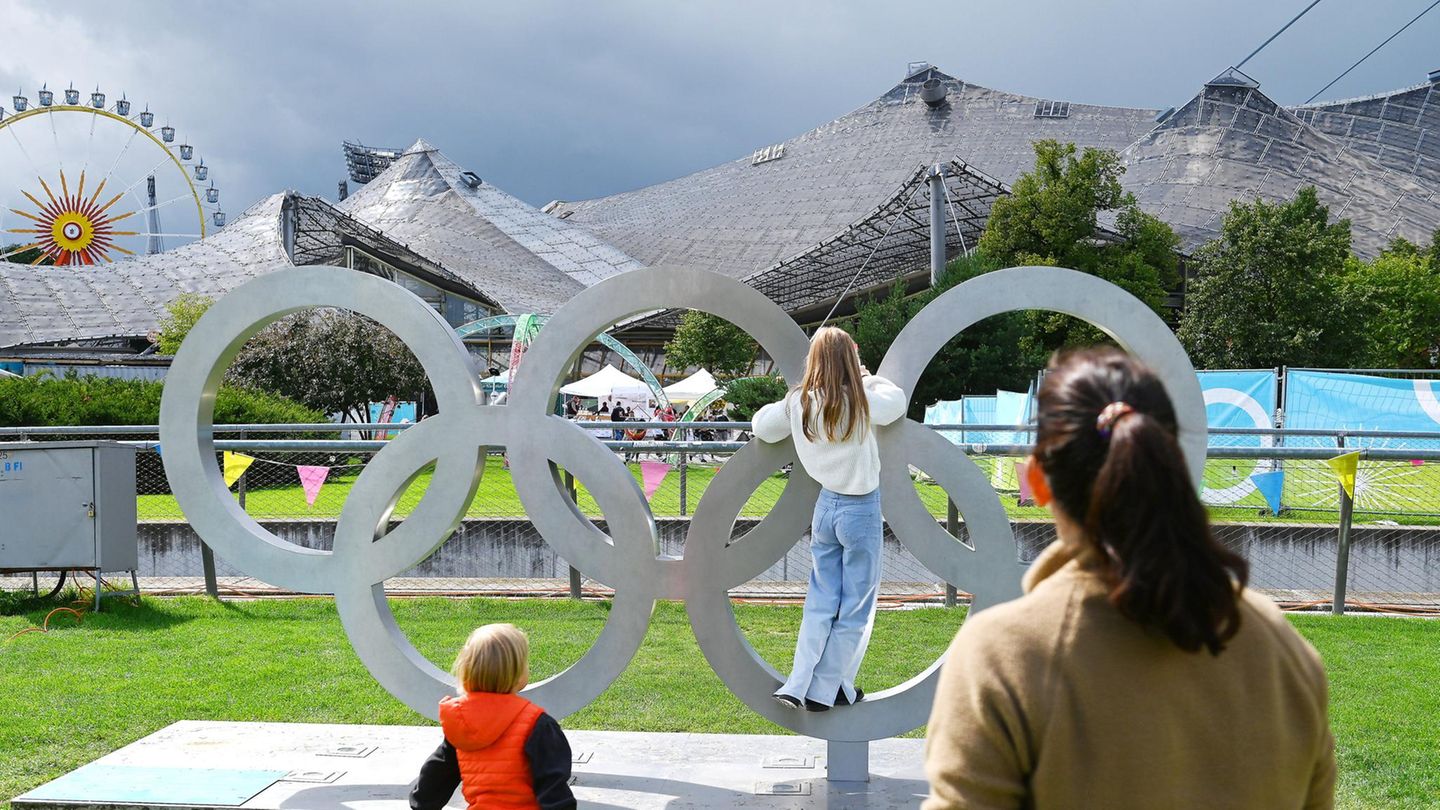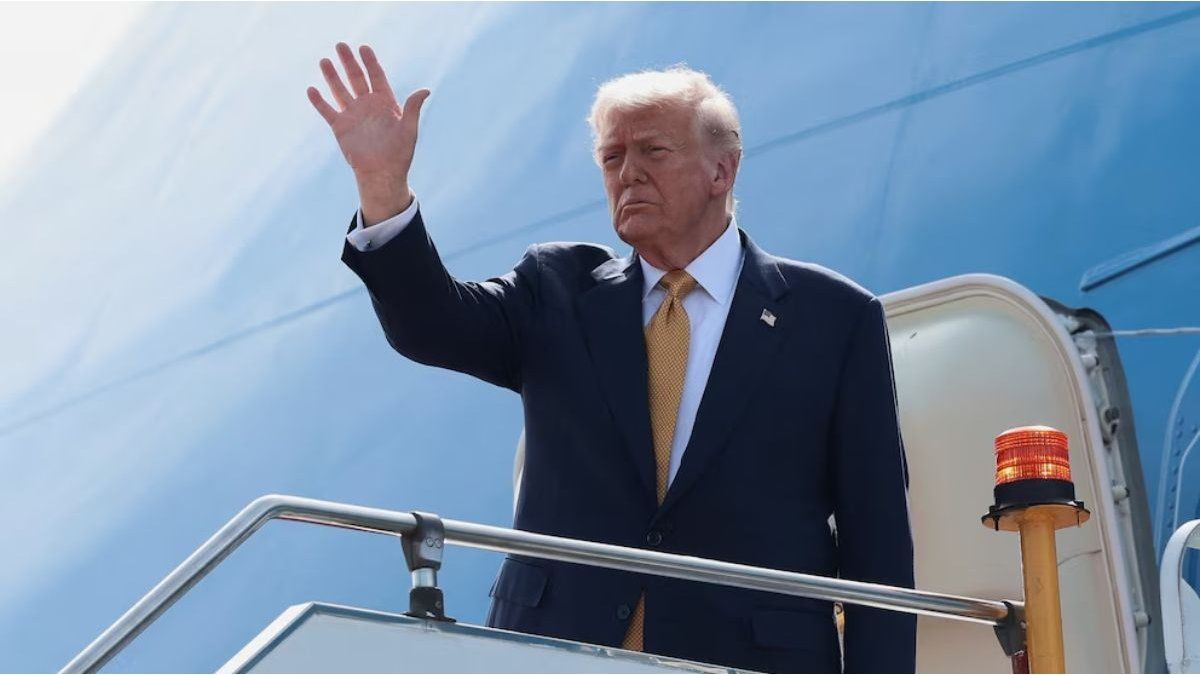The truth is that the official text signed by the President of the Nation modifies Law 20,655 and makes the participation of private investors in sports clubs possible. In this way, a change was ordered in article 19 bis of regulation No. 20,655, known as the Sports Law and modifies the name “civil sports associations” to “sports organizations”, incorporating the “Anonymous Societies ”.
Criticism of the SAD in Argentine football
milei sad.jpg
The Decree of Necessity and Urgency signed by Javier Milei enables the creation of Sports Joint Stock Companies (SAD).
This measure modifies the structure that the clubs have had for years and offers the possibility of privatizing the clubs. For this reason, one of the first to criticize the decision was Claudio “Chiqui” Tapiathe president of the Argentine Football Association (AFA).
On the subject, the sports leader said: “Today, Sports Joint Stock Companies do not have a legal existence. If we did not have the clubs and they did not fulfill the function they fulfill, we would not be what we are. The majority, statutorily, already have a fixed position, so It is an issue in which we consider it finished, because we are not going to fight against something that does not exist“.
However, Claudio Tapia was not the only one to criticize the measure, the undersecretary of the Undersecretary of Sports of the Province of Buenos Aires, Leandro Luratialso expressed his opposition through his social networks and wrote: “The motto ‘the club belongs to the members‘is linked to the importance of clubs within the community, the democratization of participation and decision-making, and the social function that they fulfill.’
“In for-profit corporations, these activities would be subject to the decisions of the “shareholders“As well as its social function would be subordinated to the search only for lucrative activities,” he added, later explaining that the DNU is designed only for soccer, which is the only sport in Argentina with a “large scale business model“.
Unrest in Argentine football
Criticism of the president’s measure came not only from sports leaders and officials, but also from the people themselves. players of the clubs, who showed their discomfort on the playing field.
This is what happened in the match they played River and Rosario Central in Santiago del Estero, both teams posed with a sign that read: “Football has no needs or emergencies#TheWorldChampionClubs”.
Furthermore, from the Millonario they issued a statement in which they rejected public limited companies in Argentine football, while from the Xeneizes they stated: “Boca Juniors ratifies its character as a non-profit Civil Association and the premise that our club belongs to its people“
feero court depto.jfif
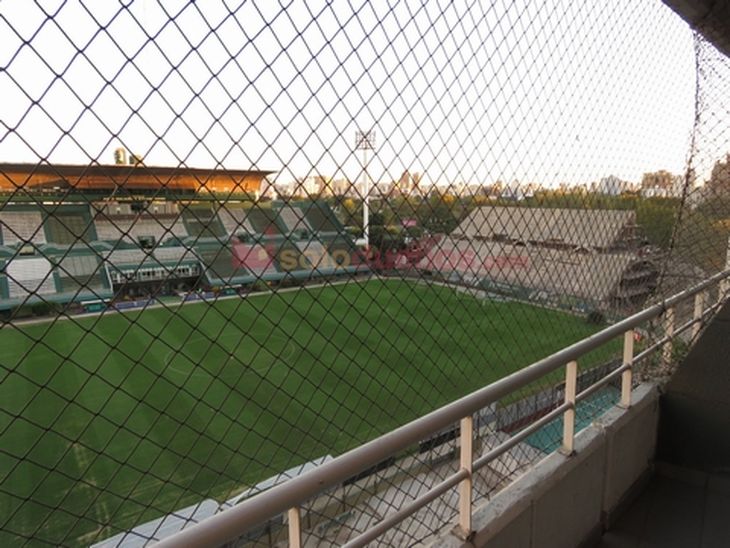
Criticism, fear and rejection among large and neighborhood clubs for SAD in Argentine football.
The bad experiences in Argentine football with the SAD
In Argentina, all sports clubs are given a social function that ranges from the largest cities to the smallest towns. In that sense, a commercial company aims only to seek profits and leaves aside the social objectives.
Racing, San Lorenzo, Ferro and Quilmes They are an example of this since they were clubs that enabled the entry of private capital under the figure of “management”.
In the case of La Academia, it occurred after bankruptcy and its possibility of disappearing in the early 2000s. The same happened with Quilmes, which incorporated capital from Excel Group, with San Lorenzo and with Ferro, which even ended in a criminal process.
Fear in neighborhood clubs
With respect to neighborhood clubs, The DNU has caused concern due to the social and cultural role they play in each community. In the country, there are 11,870 clubs and sports entities according to a survey carried out by the Ministry of Tourism and Sports of the Nation together with the National University of San Martín, giving rise to a total of 4,928,574 young people.
The National Union of Neighborhood Clubs (UNCB) has already spoken out against the privatization proposals in November, through an official statement in which they had warned that “the proposals are based on measures that would make disappear to thousands of neighborhood clubs, in a greater adjustment, in the removal of subsidies and in a hyperinflationary dollarization that liquefies income.” Now, they continue to express their concern about the arrival of the SAD.
The players have also expressed their opposition, as was the case with Luciano Aued, midfielder for Instituto de Córdoba, who used his social networks to make a defense about the president’s decision: “Many times I thought what my life would have been like without the neighborhood clubs, without the clubs being non-profit civil associations. I always answer the same thing: I am the As a result, like thousands and thousands of boys and girls in this country, of that solidarity that those who believe that everything is a business will never understand.
Source: Ambito
I am Pierce Boyd, a driven and ambitious professional working in the news industry. I have been writing for 24 Hours Worlds for over five years, specializing in sports section coverage. During my tenure at the publication, I have built an impressive portfolio of articles that has earned me a reputation as an experienced journalist and content creator.

